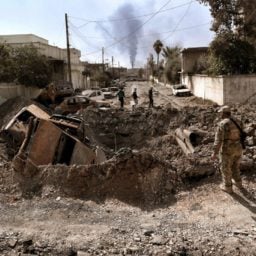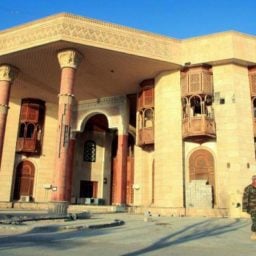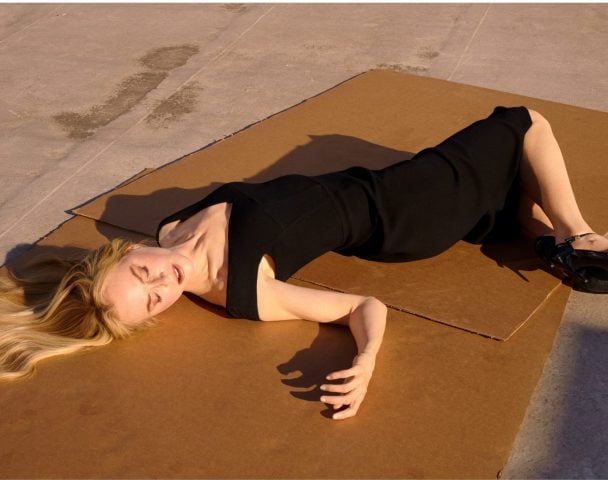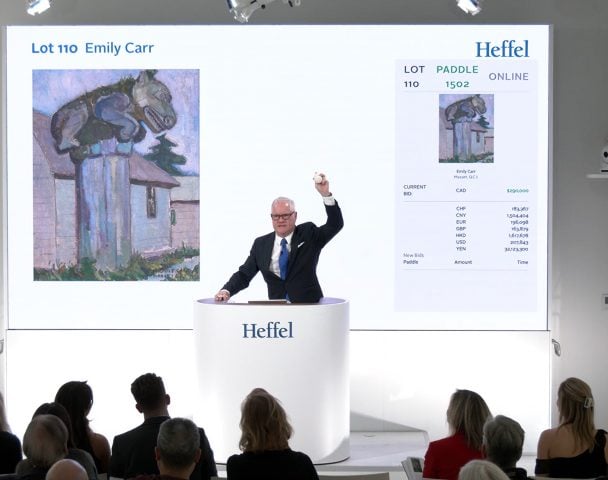The National Museum of Iraq in Baghdad re-opened last Saturday for the first time in 12 years in an act of defiance against the destruction of the Mosul relics perpetrated by ISIS last week (see ISIS Militants Storm Museum and Smash 3,000 Year Old Assyrian Sculptures on Video).
“They are trying, with their barbarism and arrogance, to destroy the inheritance of humanity, the inheritance of Iraqi people and their civilization, [the] same way they destroyed humans,” Haider al-Abadi, Iraq’s Prime Minister, said during the re-opening on Saturday, according to CNN. “I want to send a clear message from here in Baghdad, that we will preserve this human civilization and its inheritance, and we will pursue those who are trying to destroy it.”
The museum, considered the primary repository of art and artifacts from ancient Mesopotamia, was massively looted by mobs in 2003, during the US-led invasion. About 15,000 items are believed to have been ransacked. Over 4,000 antiquities have been recovered since, and authorities are still working with foreign governments to retrieve more items from the black markets, the Wall Street Journal reports.
The museum was officially due to re-open in the coming weeks, but ISIS’s recent and sustained attacks to Iraq’s cultural heritage (see ISIS Destroying Iraq’s Cultural Heritage One Site at a Time and 8,000 Books Burned by ISIS in Massive Iraqi Libricide) have precipitated the opening.
A Final Straw
The final straw came last week, with the release of the video showing ISIS’s militants hammering and axing several 3,000-year-old Assyrian sculptures at the Nineveh museum in Mosul. International outrage ensued (see The Metropolitan Museum and Others Respond to ISIS Destruction of Assyrian Sculptures), despite subsequent claims that many shattered sculptures were but plaster replicas (see Did ISIS Smash Fake Sculptures in Mosul? Experts Say Many of Them Were Replicas).
Al-Abadi’s condemnation of ISIS’s attack chimes in with numerous cultural experts across the world. Last month, after hearing of the massive burning of philosophy, law, science, and poetry books in Mosul (see Threatened By ISIS, Monks Digitize Iraq’s Christian Heritage), UNESCO director-general, Irina Bokova, condemned ISIS’s “cultural cleansing” campaign.
Bokova visited the northern Iraqi city of Erbil last November, where she compared ISIS’s cultural cleansing of minority groups to “Nazi methods” (see UNESCO Chief Decries ISIS “Cultural Cleansing” in Erbil Speech and Islamic State Continues Cultural Genocide in Iraq).









